**Creating a Pitbull-Friendly Garden: A Guide to Safety and Enrichment**
Enhance your outdoor space with a vibrant garden tailored to your beloved pitbull companion. This comprehensive guide provides expert insights into creating a safe and enriching environment that caters to your dog’s unique needs.
Discover the right plants to choose, from non-toxic varieties like begonias to durable options like marigolds, ensuring a flourishing garden without compromising your dog’s well-being. Learn effective ways to protect plants from playful pitbulls using raised flower beds or tall grasses as natural barriers.
To ensure your pitbull’s comfort during warm weather, incorporate shaded areas and provide ample access to water. Enhance their daily routine by adding dog-friendly features such as agility equipment or scent gardens to stimulate their minds and keep them active.
This guide empowers you to create a garden that not only beautifies your outdoor space but also fosters a harmonious bond between you and your loyal companion.
Pitbull-Safe Landscaping: Choosing Plants and Barriers
Non-Toxic Plants for Pitbulls
When selecting plants for your pitbull-friendly garden, prioritize non-toxic varieties to prevent any potential health hazards. Ideal choices include:
Begonias: These shade-tolerant plants feature attractive foliage and flowers, making them a vibrant addition to any garden.
Impatiens: Known for their tolerance to heat and humidity, Impatiens come in a range of colors and can brighten up even the shadiest spots.
Marigolds: These cheerful blooms not only enhance the garden’s aesthetics but also deter insects, creating a more comfortable environment for your pitbull.
Creating Natural Barriers
Protecting your plants from playful pitbulls is crucial. Consider using natural or decorative barriers to keep them at bay:
Raised Flower Beds: Elevated beds provide a physical barrier while allowing plants to thrive with proper drainage and sunlight exposure.
Tall Grasses: Ornamental grasses, such as miscanthus or feather reed grass, can create a dense screen that discourages digging or trampling.
Decorative Stones: Covering exposed soil with decorative stones or mulch can deter digging and provide a more aesthetically pleasing touch.
Remember that training and supervision are equally important for maintaining a pitbull-friendly garden. By providing your canine companion with appropriate outlets for their energy and play, you can minimize potential damage to your plants and create a harmonious outdoor space for both you and your pitbull.
The #1 Free Source for Pitbull & Bully Pedigrees!

Creating a Safe and Enriching Environment
In addition to ensuring plant safety, creating a comfortable and enriching backyard for your pitbull is paramount.
Shaded Areas and Water Sources
Pitbulls, like many dog breeds, are prone to heatstroke, especially during the summer months. Provide ample shaded areas where your dog can retreat from the sun. This can be achieved by planting tall trees, installing shade sails, or creating covered areas with tarps or outdoor umbrellas.
Access to fresh water is crucial for hydration and overall well-being. Consider installing a water fountain, dog bowl, or shallow water feature in your garden. Keep the water clean and replenished regularly.
Dog-Friendly Features
To keep your pitbull engaged and active, incorporate dog-friendly features into your garden design.
Agility Equipment
Agility courses provide mental and physical stimulation. Set up hurdles, ramps, tunnels, and other obstacles to challenge your dog’s agility, coordination, and problem-solving abilities.
Scent Gardens
Scents are highly appealing to pitbulls. Create a dedicated scent garden using plants with aromatic qualities, such as lavender, rosemary, and thyme. These gardens provide sensory enrichment and can also have calming effects.
**Conclusion**
By implementing the strategies outlined in this article, you can create a beautiful and safe outdoor space that caters to the specific needs of your pitbull companion. By incorporating non-toxic plants, erecting barriers, and providing ample shade, water, and enrichment activities, you can ensure your furry friend enjoys a healthy and fulfilling life in your garden sanctuary. Remember to consult with your veterinarian before making any changes to your pitbull’s environment and supervise them during outdoor play to minimize any potential risks. By following these guidelines, you can cultivate a harmonious and enjoyable bond with your loyal pitbull while enhancing their overall well-being and creating a cherished outdoor oasis.





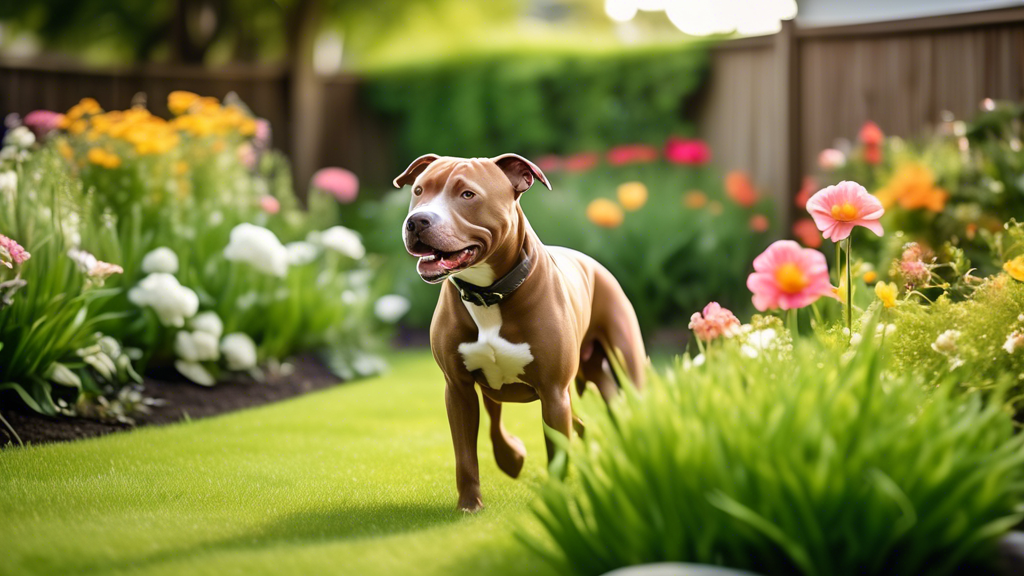
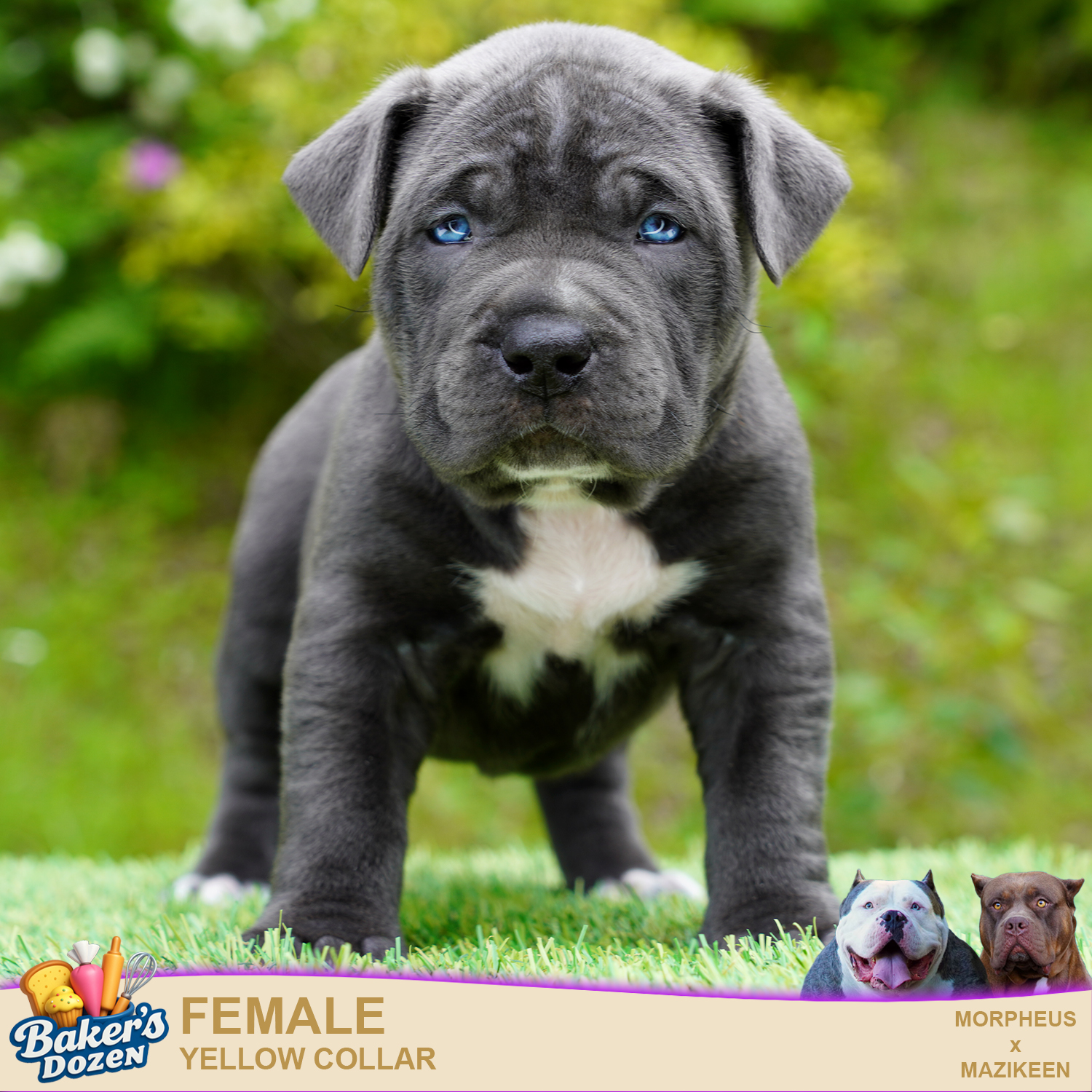
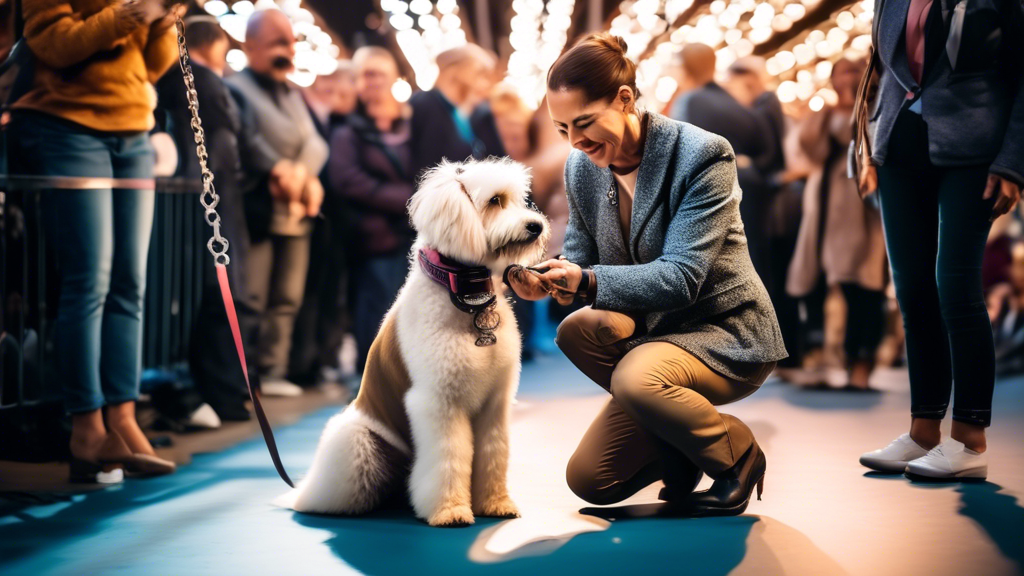
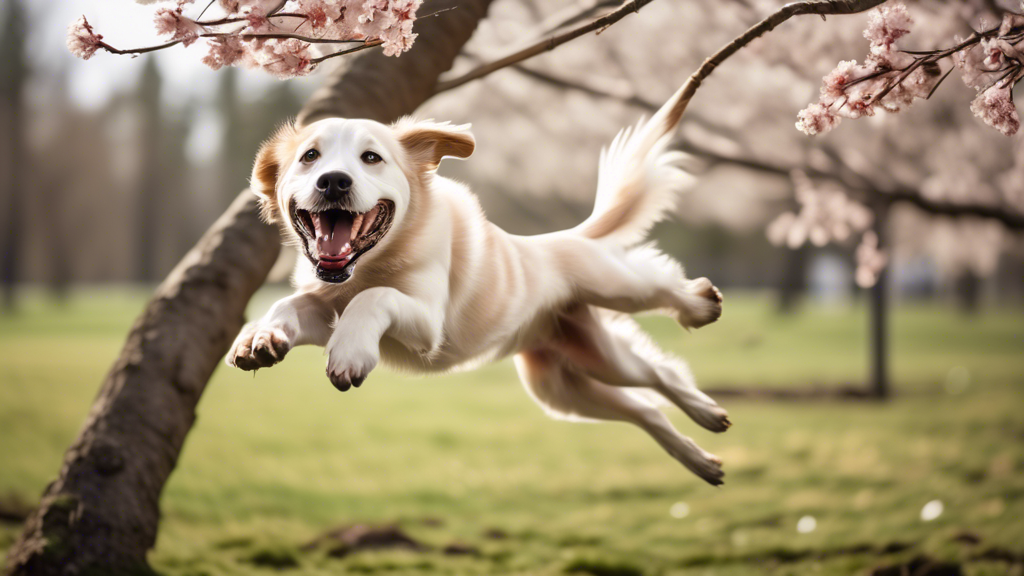
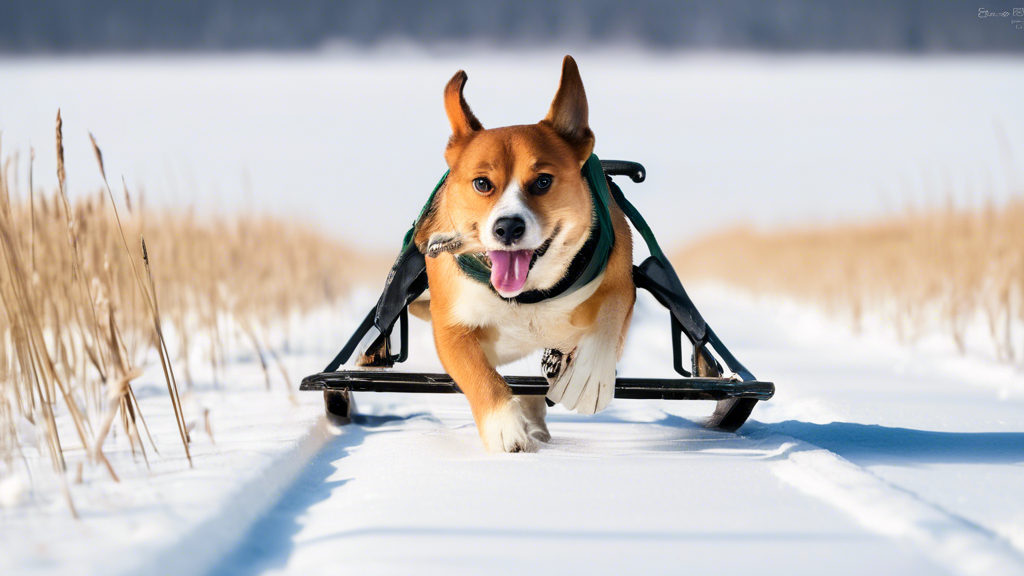
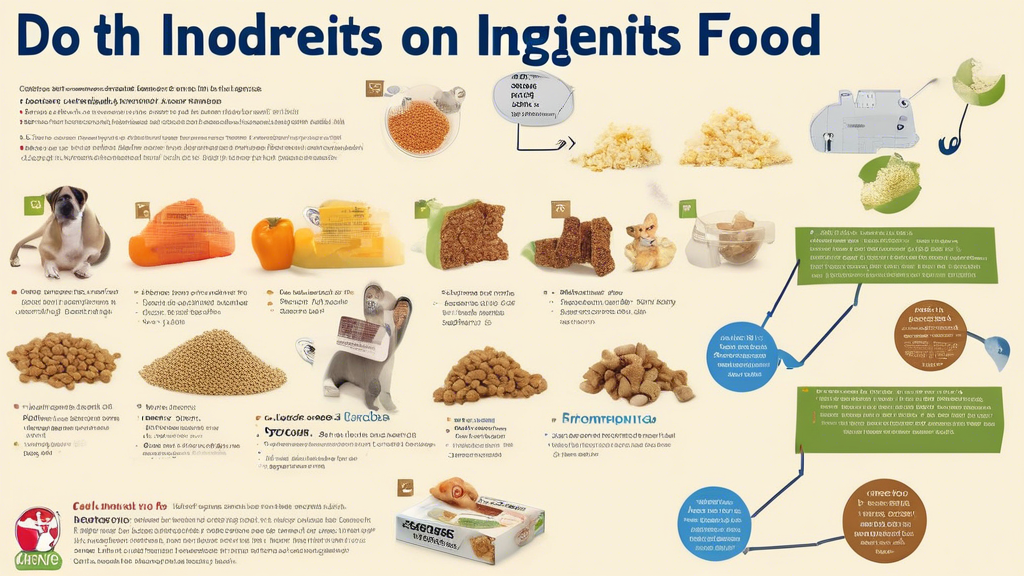
Leave A Comment